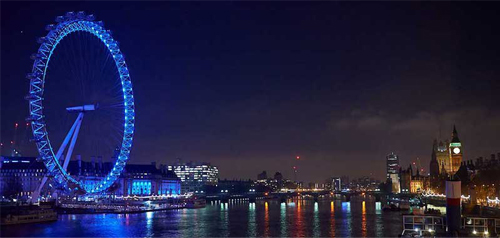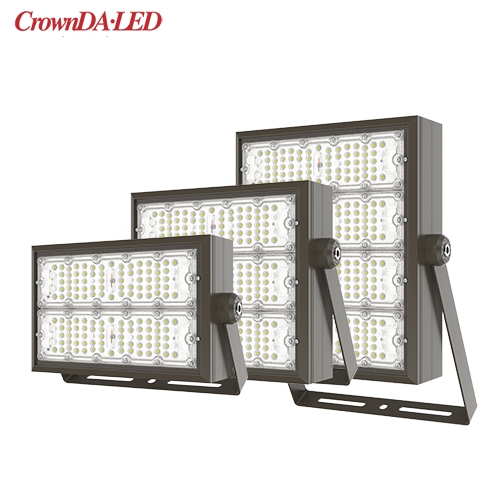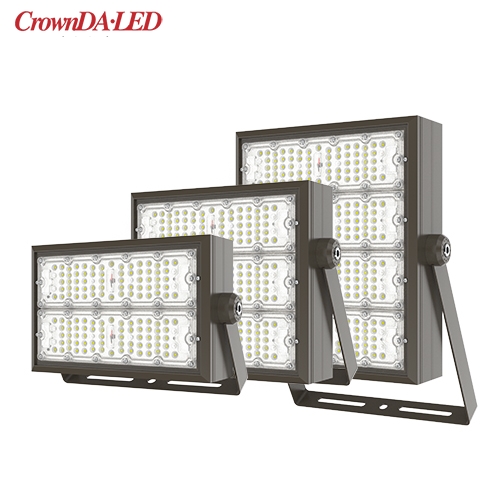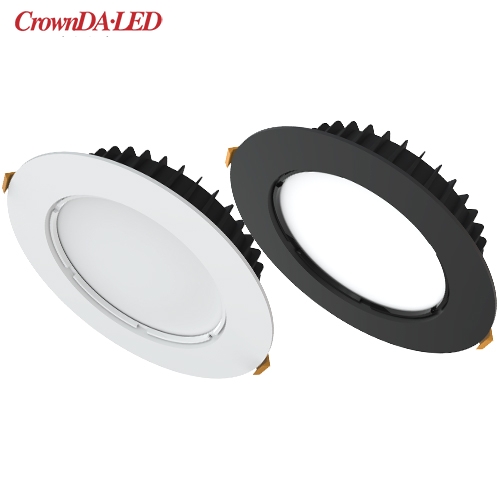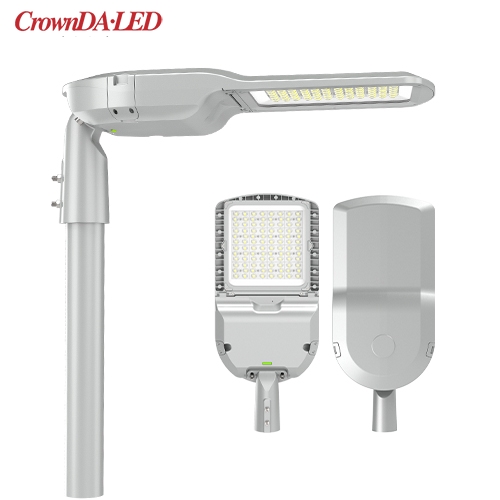25W-320W luzes de rua da série S7 (B) aprovadas pela FCC CE
► Alta eficiência: 130lm/W, 150lm/W e 170lm/W disponíveis.
► Lente PC antirreflexo, ângulo de feixe opcional: 60° / 90° / 120° / T2M / T3M / T4M.
► 0-10V regulável/controle de tempo/sensor de luz/controle lOT

